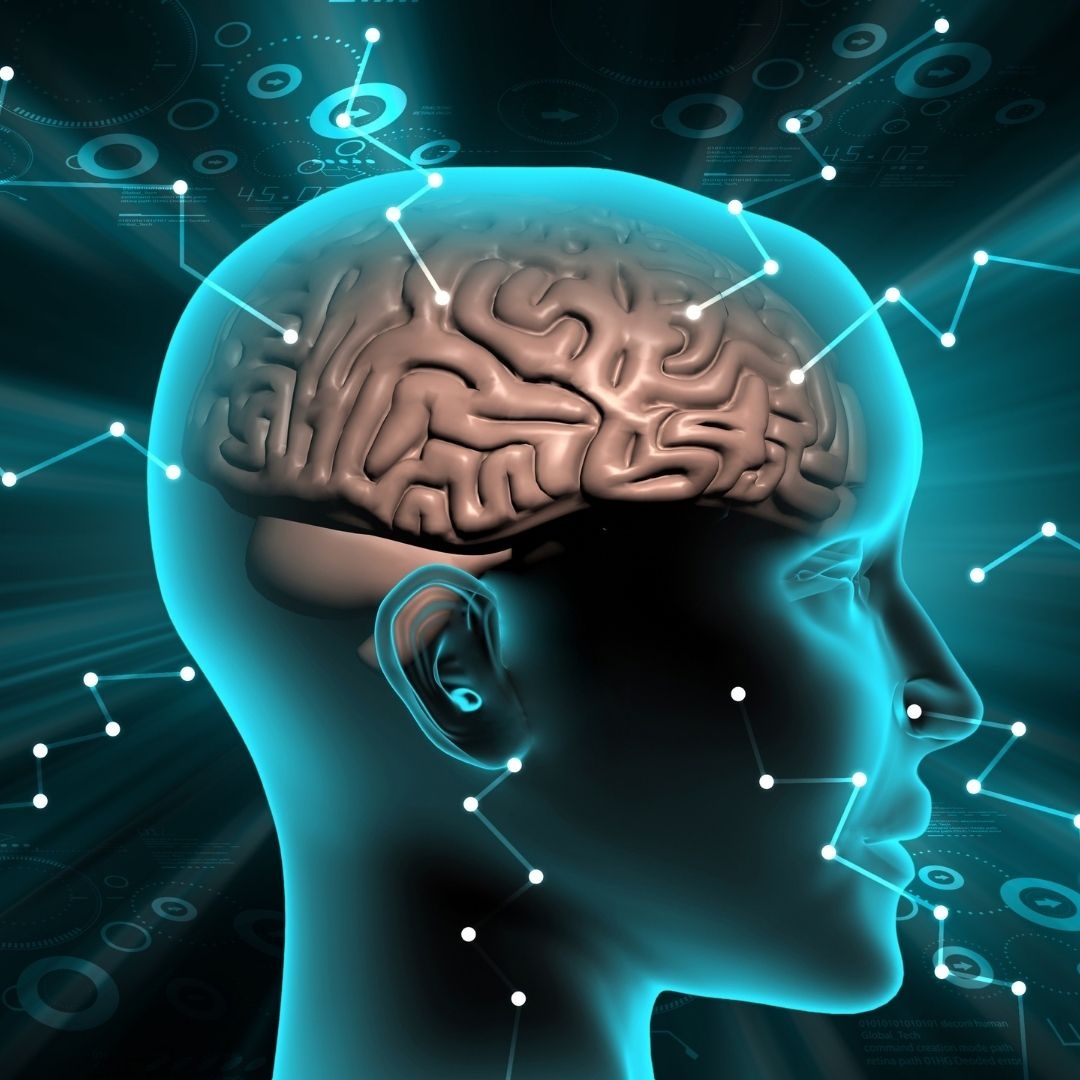Challenges of Addressing Comorbid Mental Disorders

(Drawn in part from the linked articles at the end of the blog)
This is the second in a series of blogs about co-existing mental disorders.
Mental health providers in the United States currently rely on the American Psychiatric Association’s Diagnostic and Statistical Manual of Mental Disorders (DSM) to guide their diagnostic decisions. The manual is periodically updated and lists all recognized disorders, each defined by specific symptoms. Classification is fairly simple when a person’s symptoms fit neatly into the DSM’s criteria for a disorder. However, clarity in diagnosis can be more complex when people initially present symptoms that may indicate more than one disorder (comorbid disorders), as well as when their symptoms morph over time. An example is that people diagnosed with depression frequently have symptoms of anxiety and/or panic attacks. As a 2019 study found, the existence of one disorder increases the odds that you might have another disorder.
Even with correct diagnoses, people who have co-existing mental disorders may experience sustained mental suffering due to the debilitating nature of their disorders. Just tending to the basics of life can be difficult enough for anybody. It may feel almost impossible to add to that mix the tasks of accessing treatment that aids them in managing their conditions. It is hard work at the best of times to actively engage with the right diagnostic and treatment providers, afford ongoing contact with them, get educated on multiple disorders, follow through with treatment plans, monitor symptoms, and manage medications and related side-effects.
Effective treatment depends in part on the readiness and capacity of the persons suffering to engage with providers to customize, implement and follow through with treatment. Some people affected may be/appear resistant to help or find it too hard to stick with treatment plans. For example, they may not be able to maintain focus on treatment. They may forget about or be late for appointments. If they have sought help and it was not particularly useful, they may lose interest in further treatment. Their treatment plan may feel like it only speaks to a miniscule part of their problems, or, on the flip side, it may feel like too much to implement. They may lack personal support or engage in coping habits for relief that counter treatment efforts.
Integrated, Comprehensive Care
Likely even more than individuals dealing with a single mental health condition, persons with co-occurring disorders can benefit when healthcare providers work together (with each other, with the affected person and their loved ones as appropriate) to:
- Get clear on the full scope of disorders that clients/patients are experiencing
- Provide them/their loved ones with validation, education, support and hope
- Aid them in putting doable treatment plans into place and sustaining the plans
- Troubleshoot with them as needed to adapt strategies if symptoms change
- Aid/empower affected persons in building their resiliency skills
On the treatment team’s part, it is helpful when providers are:
- Well-versed in/willing to research the various conditions that the affected person brings to the table
- Experienced in treating the relevant disorders individually and in conjunction with other conditions the person is experiencing
- Willing to take time to consider how the co-occurrence of disorders can affect treatment choices, coordination and outcomes (and then make adjustments to raise the likelihood of successful treatment)
- Willing to communicate and coordinate with other healthcare providers caring for a client/patient to ensure the treatment is tailored to the person’s needs
Effective treatment for a person dealing with multiple mental health conditions may need to be more nuanced than treatment for single conditions. Ongoing collaboration among providers is likely helpful to guide patients in actualizing their treatment goals.
Related: Creating Better Care for Adults with Comorbid Chronic Conditions | Mental Health America
Guided by Evolving Science
Scientific research is underway exploring the links between the biology of the brain (e.g., the genes, brain regions/architecture and neurological processes involved) and mental health conditions. The hope is that such ongoing research will help the healthcare field better understanding root causes, common mechanisms and risk factors across disorders, and facilitating more effective diagnosis and treatment (pharmacology and therapies).
A few related links:
- A Radical Idea Suggests Mental Health Conditions have a Single Cause | New Scientist
- The Hidden Links Between Mental Disorders (nature.com)
- Wiring of the ‘Little Brain’ Linked to Multiple Forms of Mental Illness | Duke Today
- Why Does It Seem Like Everyone Has More Than One Mental Illness? (verywellmind.com)
Next blog looks at co-existing mental disorders from the perspective of persons affected.
Article by Kristin Littel
